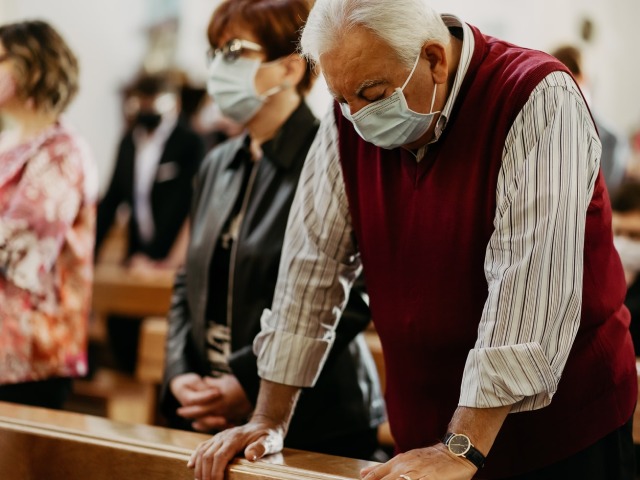Religion, Covid-19, and state neutrality

Covid-19 has had the world in its grip for quite some time. In the hope to contain further spread, (national) governments have taken many measures, such as wearing facemasks, limiting social contact, mandatory working from home, and the introduction of a curfew. Some of these measures resulted in the restriction of the freedom of religion, and specifically the right to practice publicly and privately one’s religion or conviction to express in worship services, in education, in practical application thereof and to maintain commandments and regulations (EVRM, art. 9, freely translated).
Due to the variety of cultural, sociological, and historical contexts of the European member states the European Court for Human Rights allows these member states a certain freedom to determine how they articulate freedom of religion. That this ‘margin of appreciation’ can lead to different policies, is shown among other things in the way neighboring countries Belgium and the Netherlands dealt with the freedom of religion during the pandemic. While religious groups in the Netherlands were not obliged to follow the restrictions that were mandatory for other organizations (ex. sport clubs, youth organizations, cultural institutions), this was different in Belgium, where religious groups were obliged to adhere to the strict Covid measures like any others. Where, in Belgium, strict limits were introduced and upheld, the Dutch government only applied the rules in an ‘urgent’ fashion, i.e. not in a mandatory sense.
The Dutch government argued that a pandemic is not enough grounds to restrict religious freedom. The freedom to exercise, visit family, or visit a cultural institution, however, was strictly limited. The question that therefore arises is whether this difference in the treatment of religious activities and organizations, on the one hand, and that of equivalent secular activities, on the other hand, is defensible from the perspective of state neutrality (equality, freedom, non-discrimination). In current day society marked by secularization, individualism, and religious deinstitutionalization the legal stressing of religious freedom seems an anachronistic concept that could create injustice. After all, why would you not be allowed to attend a theater production if that can be done safely, while still being allowed to attend Sunday mass?
Principally, a neutral government should treat its citizens as free and equal individuals. This assumes that these citizens are due an equal amount of respect and care. A neutral government should therefore hold back regarding the different - whether or not religious - opinions about the good life that citizens may lead. In the case that the government thinks, with its eye on a legitimate goal such as public health, restrictions on the manner in which citizens experience their ‘convictions on the good life’ are necessary, then there is no good reason to make a distinction between religious and non-religious activities. Both favored and unfavored treatment of religion, in our opinion, have no place in a liberal-democratic society where, following the principle of neutrality, church and state should be principally divided.
Are you interested in the full article by François Levrau en Leni Franken, in Dutch? It is available open access in the journal Religie & Samenleving (Religion & Society): Franken, L. & Levrau, F. (2021). Godsdienstvrijheid en covid-19 in Nederland: een kritische analyse. Religie & Samenleving. 16 (2) 167-197.
About the author
François Levrau is a Researcher at the University of Antwerp
Leni Franken is a Researcher at the University of Antwerp

